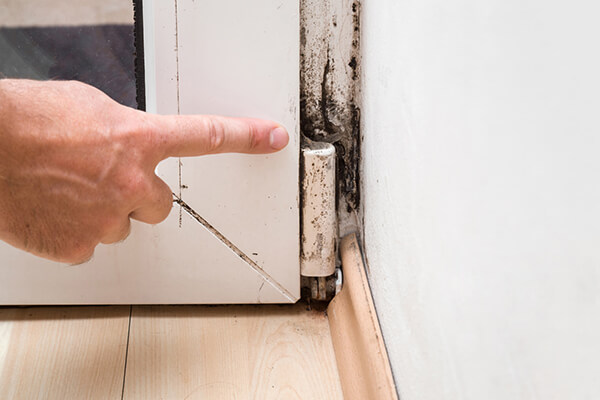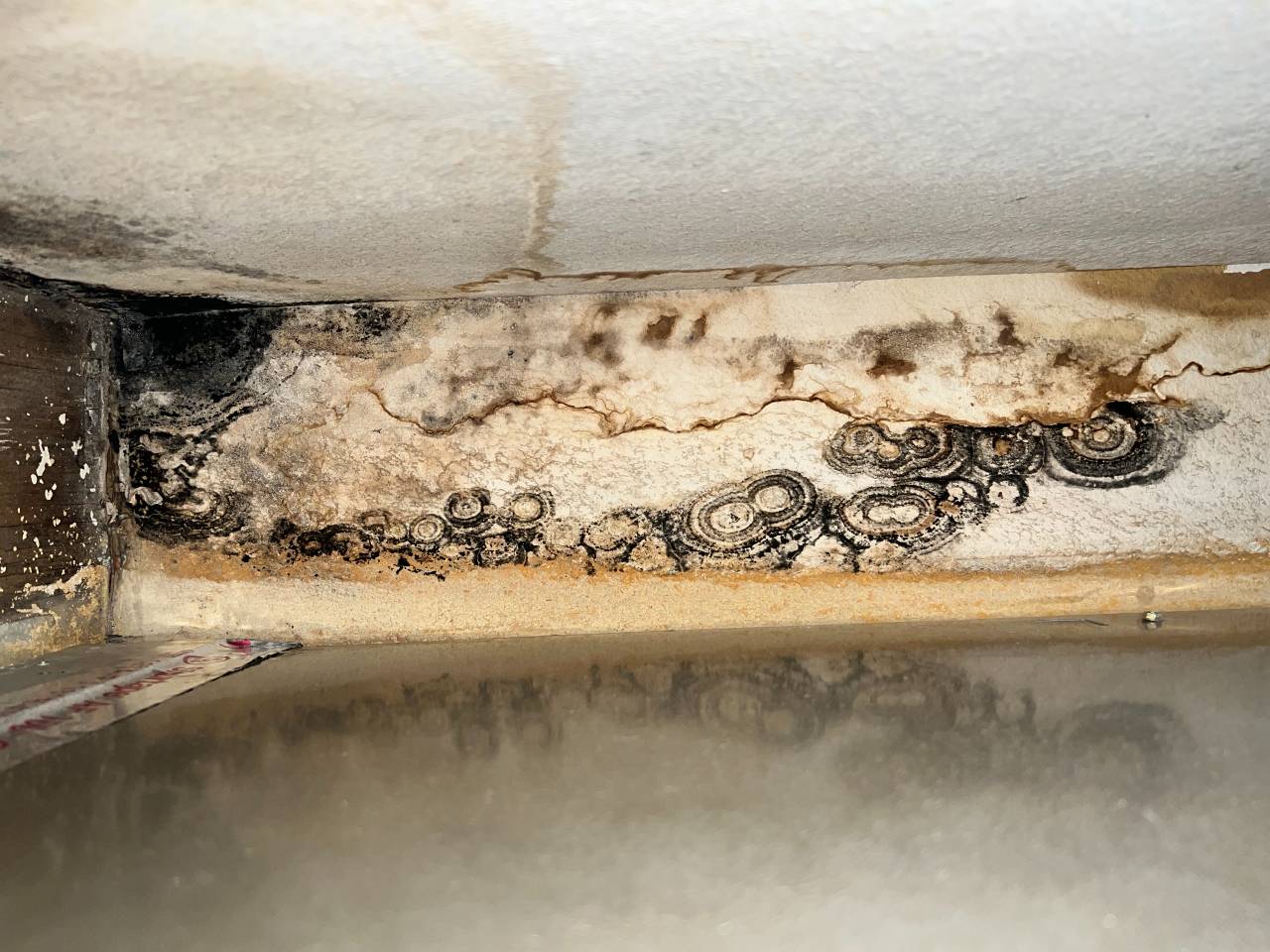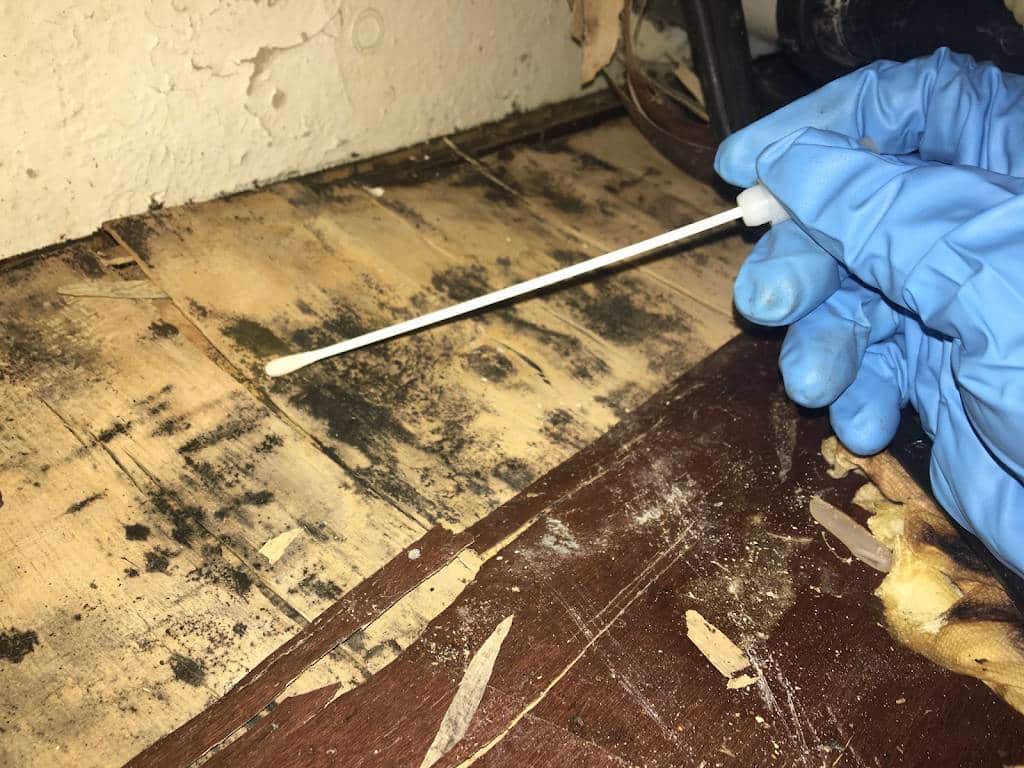Your Ultimate Guide to Blog Post Mold Removal Techniques
Navigating the realm of post-mold removal techniques is a meticulous process that requires attention to detail and a detailed understanding of the details included. In the results of mold and mildew infestation, understanding exactly how to successfully get rid of the mold and avoid its reoccurrence is vital for preserving a healthy indoor setting. From choosing the appropriate cleansing and sanitizing techniques to executing methods for long-lasting mold avoidance, each action in the removal trip plays an essential role in ensuring a successful end result. As we start this expedition of post-mold remediation techniques, we will discover the key approaches and finest techniques that can help you recover your room to its pre-mold problem and secure it against future mold and mildew hazards.
Understanding Post-Mold Removal Refine
After finishing the mold and mildew remediation process, it is critical to understand the post-mold removal strategies that are essential to make certain a efficient and extensive cleanup. As soon as the mold and mildew has actually been eliminated, the following step entails cleaning and decontaminating the influenced areas to prevent any kind of regrowth of mold.
Furthermore, carrying out a final inspection post-remediation is essential to make sure that all mold and mildew has been effectively gotten rid of. If the evaluation reveals any type of remaining mold, added removal might be essential.
Effective Cleaning and Disinfecting Approaches

Protecting Against Future Mold Growth

Importance of Proper Ventilation
Proper ventilation plays an important duty in preventing dampness accumulation, an essential consider mold development within indoor atmospheres. Efficient air flow systems assist remove excess humidity from the air, lowering the chances of mold spores finding the moisture they require to sprout and spread. Without appropriate ventilation, indoor spaces can become a breeding ground for mold, bring about prospective health risks and structural damage.
By guaranteeing correct air circulation, air flow systems can likewise assist in drying damp locations more swiftly after water damages or flooding incidents, further discouraging mold development. Post Mold Remediation. In spaces like washrooms, cellars, kitchen areas, and attics where dampness levels often tend to be higher, installing and preserving reliable air flow systems is vital in preventing mold invasions

Tracking and Maintenance Tips
Offered the vital duty that proper ventilation plays in stopping mold and mildew growth, it is imperative to develop effective surveillance and upkeep ideas to make certain the continued functionality of air flow systems. Regular inspections of air flow systems need to be carried out to look for any type of indicators of obstructions, leaks, or breakdowns that could restrain appropriate air movement. Monitoring moisture degrees within the home is also important, as high moisture can add to mold growth. Mounting a hygrometer can aid track humidity levels and sharp house owners to any spikes that might call for Visit Website interest. In addition, making sure that air filters are regularly cleansed or changed is necessary for maintaining the efficiency of the air flow system. Executing a routine for routine maintenance tasks, such as duct cleaning and HVAC system inspections, can help protect against problems prior to they rise. By remaining proactive and mindful to the problem of ventilation systems, home proprietors can effectively minimize the danger of mold regrowth and keep a healthy and balanced indoor setting.
Conclusion
In verdict, post-mold remediation strategies are vital for making certain a risk-free and clean atmosphere. Recognizing the process, implementing effective cleansing and sanitizing approaches, protecting against future mold growth, maintaining correct ventilation, and normal tracking are all essential steps in the remediation process. By adhering to these standards, you can successfully get rid of look at this website mold and stop its return, working or promoting a healthy living space for all occupants.
In the aftermath of mold infestation, knowing how to effectively remove the mold and mildew and prevent its reoccurrence is extremely important for keeping a healthy indoor atmosphere. When the mold has been eliminated, the next step includes cleansing and disinfecting the affected areas to prevent any type of regrowth of mold and mildew - Post Mold Remediation Report. After eliminating visible mold and mildew growth, it is important to cleanse all surfaces in the damaged area to get rid of any remaining mold and mildew spores. To further enhance mold avoidance procedures, it is essential to resolve underlying concerns that at first led to mold growth.Given the critical role that proper air flow plays in avoiding mold and mildew development, it is imperative to additional info develop efficient surveillance and maintenance pointers to make certain the ongoing capability of ventilation systems
Comments on “Comprehensive Post Mold Remediation Procedures”